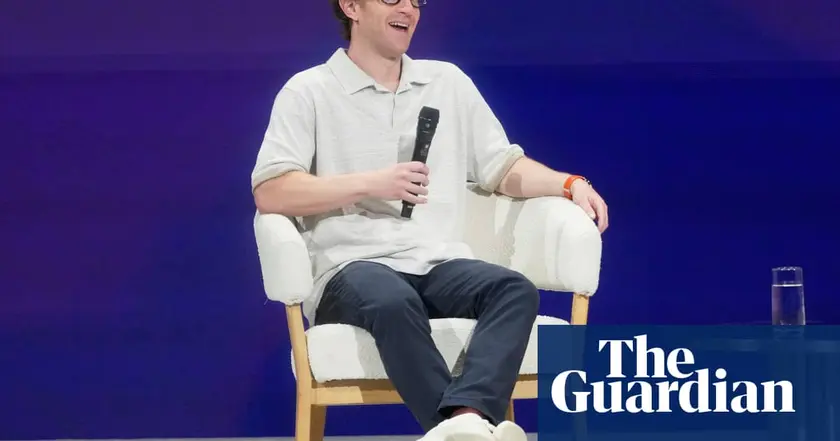T4K3.news
Critics Challenge Zuckerberg's AI Plans
Experts question the feasibility and potential job losses of Zuckerberg's vision for superintelligent AI.
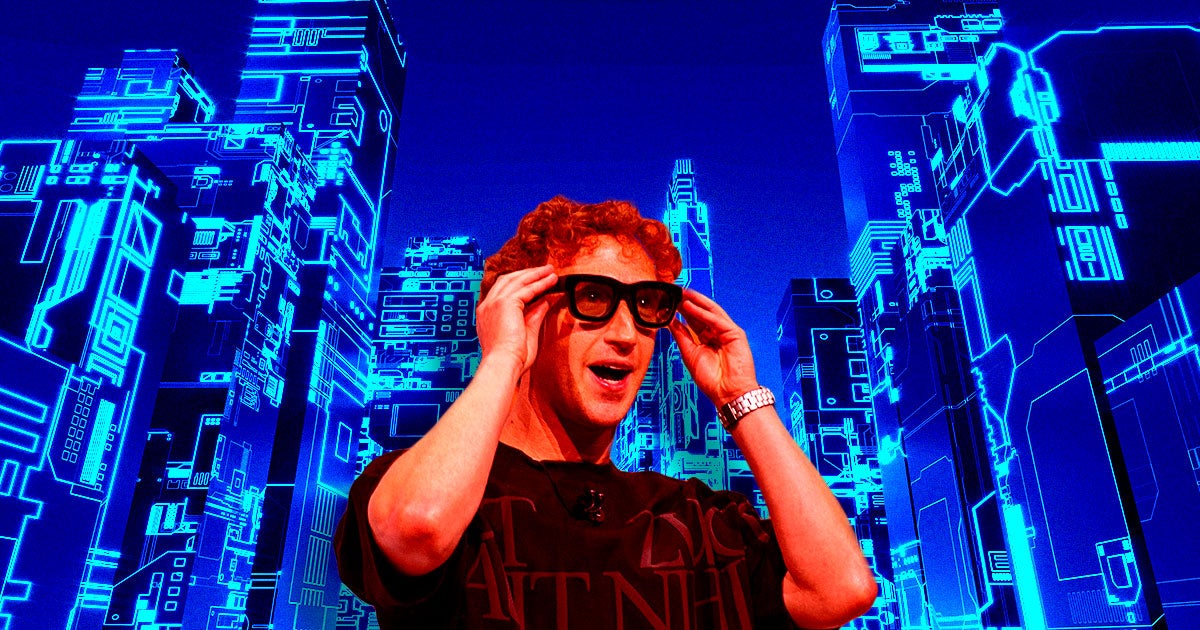
Experts and critics question the feasibility of Zuckerberg's optimistic AI plans.
Mark Zuckerberg's Vision for Superintelligent AI Faces Serious Doubts
Mark Zuckerberg recently outlined his vision for a superintelligent AI that would assist individuals in achieving their goals and enhancing their lives. He described this AI as a "personal intelligence" that avoids the automation of jobs and instead empowers people. However, critics argue that this ideal scenario is unrealistic. They believe that if such powerful AI technology becomes widely available, it will undoubtedly lead to job automation, as businesses seek efficiencies. Former AI researcher Steven Adler emphasized that once superintelligent AI is available, business owners will likely choose to use it to automate work, regardless of ethical considerations. Critics also noted Zuckerberg's vision is uninspired, especially when compared to the more imaginative approaches proposed by other tech leaders.
Key Takeaways
"Mark seems to think it's important whether Meta directs superintelligence toward mass automation of work."
Steven Adler critiques Zuckerberg's optimistic AI vision, emphasizing the potential for job automation.
"If you bring personal superintelligence to everyone, they will personally choose to automate others' work, if they can."
Adler highlights the inevitable automation that could occur with superintelligent AI widely available.
"I think the most interesting thing about Zuck’s vision here is how... boring it is."
Journalist Shakeel Hashim comments on the lack of ambition in Zuckerberg's AI plans, contrasting it with more futuristic ideas.
"There's a nearly trillion-dollar incentive to sell investors on these kinds of lofty, utopian daydreams."
The article notes the economic motivations behind ambitious AI visions, questioning their feasibility.
Zuckerberg's approach reflects a common tension in the tech industry: the push for innovation often meets the harsh reality of economic pressures. The allure of superintelligent AI lies not only in its potential benefits but also in the risks associated with it. The widespread implementation of AI could lead to mass unemployment and societal disruption if companies prioritize profits over human labor. As these technologies evolve, the question remains whether leaders like Zuckerberg can balance ambition with responsibility, or if they will prioritize short-term gains at the expense of the workforce.
Highlights
- Mark seems to think it matters whether Meta directs superintelligence.
- This is not correct; the powerful will automate jobs if they can.
- Zuckerberg's vision for AI has been described as uninspired.
- The risks of AI could lead to a collapse of society.
Concerns Over Job Automation with AI
The rapid development of superintelligent AI raises fears of significant job loss and societal disruption. If companies leverage this technology solely for profit, we could face overwhelming unemployment rates.
The ongoing discussion about AI's potential and pitfalls continues to escalate, revealing critical questions for the future.
Enjoyed this? Let your friends know!
Related News

Alexandr Wang appointed Chief AI Officer at Meta
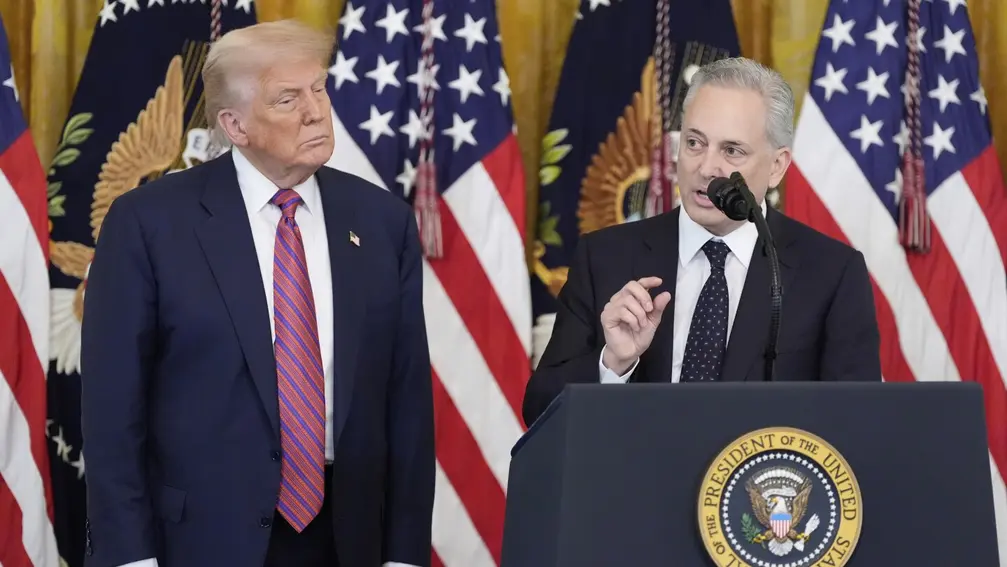
Trump reveals AI Action Plan shaped by tech leaders

OpenAI announces production of 100 million AI devices

OpenAI halts ChatGPT feature after privacy leak
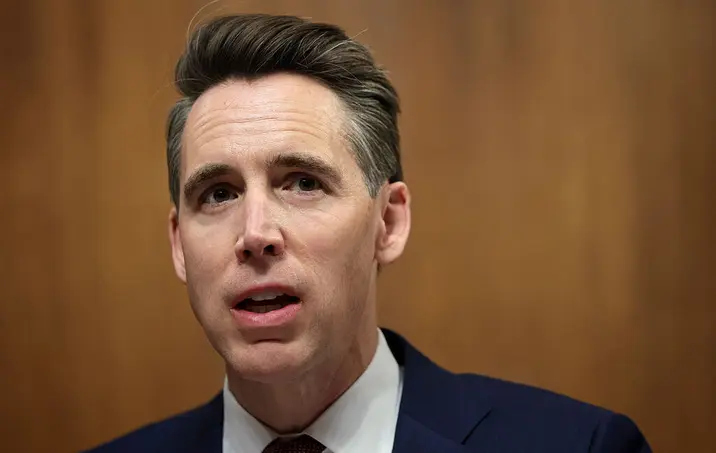
Chatbot harms prompt safety rule push
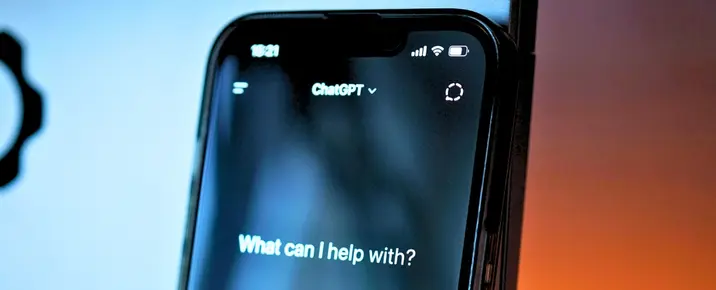
OpenAI Releases Free Customizable AI Models

Tech giants invest billions in AI data centers
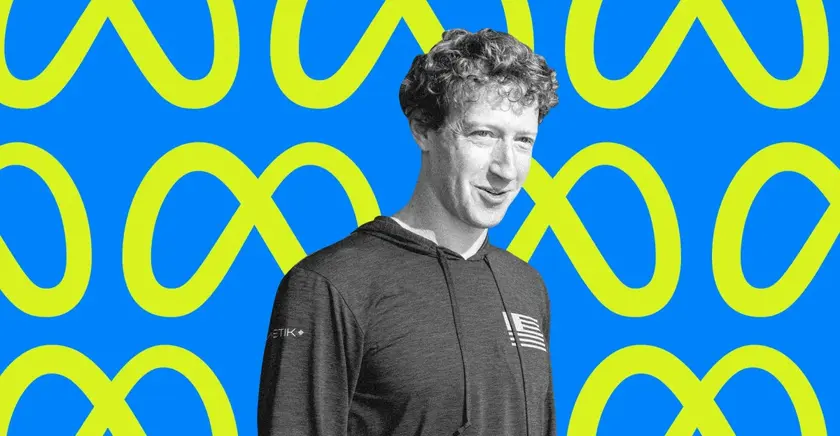
Zuckerberg reveals plans for personal superintelligent AI
